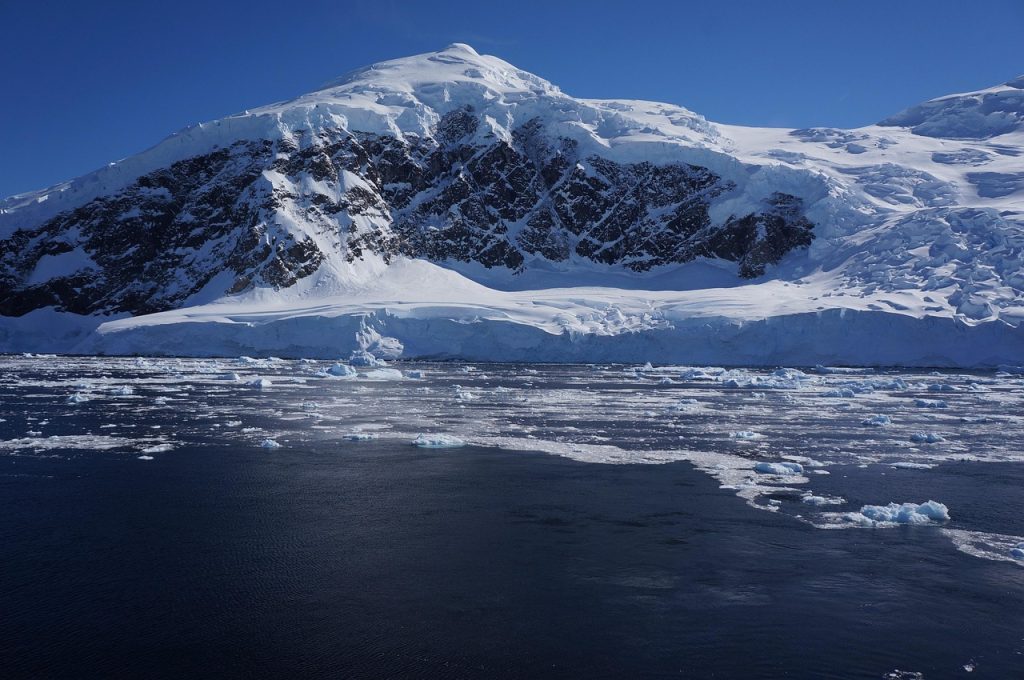Discover Antarctica: Human Impact on a Fragile Environment
The “Human Impacts on a Fragile Environment” program is a hybrid study abroad experience that aims to provide students with a deep, interdisciplinary understanding of Antarctica. It combines a preparatory fall course led by various experts with an in-person, two-week field course in Antarctica. Through the curriculum, students explore the continent’s history and natural systems, analyze the effects of human activity and climate change, and participate in hands-on research projects, such as seabird observation and oceanography. The program also encourages collaboration between students and faculty from different universities.
On-campus Academic Portion 2026: August 24th – December 7th, 2026
Abroad Portion: December 16th – December 30th, 2026
Program Information
- Overview
- Location
- Program
- Faculty
- Accommodation
- Excursions
- Selection
- Costs
- Scholarships
- Visa & Passport
- Contact
Overview
Discover Antarctica: Human Impact on a Fragile Environment
The “Human Impacts on a Fragile Environment” program is a hybrid study abroad experience that aims to provide students with a deep, interdisciplinary understanding of Antarctica. It combines a preparatory fall course led by various experts with an in-person, two-week field course in Antarctica. Through the curriculum, students explore the continent’s history and natural systems, analyze the effects of human activity and climate change, and participate in hands-on research projects, such as seabird observation and oceanography. The program also encourages collaboration between students and faculty from different universities.
Location
Ushuaia, Argentina; South Shetland Islands; Antarctic Peninsula
Program
CGS: Discover Antarctica: Human Impact on a Fragile Environment
Accommodation
TBD
Excursions
Planned excursions to be announced.
Selection
- Good Academic Standing
- Interest in subject matter
- Open to all majors
Costs
TBD
- Program Fee
- Airfare (estimated)
- Personal Expenses (estimated)
Program Fee
Airfare (estimated) –
Personal Expenses (estimated) –
Estimated total cost –
Visa & Passport
Passport Information
Students need to check their passport’s expiration date and ensure that it will be valid for at least 1 year after the program’s end date.
US passport holders who need to renew their passport should visit the U.S. Department of State’s passport website for information on this process.
Non-US passport holders who need to renew their passport should refer to their home country’s passport office.
Visa Information
If you are a US citizen, you most likely will not require a visa for your short term abroad program. If you do, details will be shared with you by GPS. Non-US passport holders should check with their host country’s embassy or consulate to find out if a visa is required for their program or not.
Contact
Paul Jones, PhD
Associate Professor of Chemistry
336.758.3708
jonespb@wfu.edu
Amanda Batten
Study Abroad Advisor
Center for Global Programs and Studies
(336) 758-3194
battena@wfu.edu
Program Dates
| Term | Application Deadline | Program Start | Program End |
|---|---|---|---|
| Fall Short-Term 2026 | January 29, 2026 | August 24, 2026 | December 7, 2026 |
Additional Details
| Destinations |
|
|---|---|
| Courses of Study |
|
| Terms |
|
| GPA Requirement | 2.5 |
| Class Status | 2 semesters completed |
| Language of Instruction | English |
| Open to non-WFU Students | Yes |
| Program Term | Short Term |


